Latest News
India's geospatial economy to cross Rs 63,000 crore by 2025

New Delhi: India's geospatial economy is expected to cross Rs 63,000 crore by 2025 at a growth rate of 12.8 per cent and to provide employment to more than 10 lakh people mainly through geospatial startups, Union Minister for Science and Technology Jitendra Singh said on Tuesday.
Singh was addressing the Second United Nations World Geospatial Information Congress (UN-WGIC) 2022 in Hyderabad. The 5-day conference is being attended by over 2,000 delegates including 700 plus international delegates & participants from about 150 countries. Moreover, National Mapping Agencies (NMAs) like the Survey of India, which has a glorious history of 255 years, senior officials, non-governmental organizations, academia, and industry, user, & private sector from across the globe are taking part in the Geospatial Congress.
Singh said in the current boom of technology-led start-ups, there are around 250 Geospatial StartUps in India and to give a further boost to this sector. He unveiled a Geospatial Incubator.
The minister pointed out that national organizations like the Survey of India, Geological Survey of India, National Atlas and Thematic Mapping Organization (NATMO), Indian Space Research Organisation (ISRO) and National Informatics Centre implemented several GIS-based pilot projects across a range of domains like waste resource management, forestry, urban planning, etc. to demonstrate the applications of Geospatial Technology, according to an official statement released by the Ministry of Science & Technology.
The Minister said, the government, industry, researchers, academia, and civil society are coming together to establish quality geospatial ecosystem to build key solutions. He said, democratisation of Indian geospatial ecosystem will spur domestic innovation and enable Indian companies to compete in the global mapping ecosystem by leveraging modern geospatial technologies and realising the dream of "Atmanirbhar Bharat" or "Self-sufficient India" fully.
Singh emphasised that Geospatial technology and Geographic Information System (GIS) is going to make a significant impact in the way India has been adopting this technology and moving ahead. He said, the world is looking at India as to how it is using technology to tackle some of the major humanitarian and sustainability problems. The Minister added that even though geospatial technologies have been produced, used, and managed in the country for over five decades now, the Government of India's revolutionary steps towards geospatial democratization, advocacy, and integration over the last few years gave new momentum to this sector.
The minister pointed out that the Rural Development Ministry has mapped over 45 lakh km of rural roads by using 21 data layers of the map, which has digitized information regarding water bodies, green areas, plots, and other structures essential for administrative purposes. He also informed that nearly 2.6 lakh gram panchayat had been covered by the ministry under the scheme of mapping and digitization. The Minister said, evolving technologies in geospatial sector have brought about transformational changes whereby even an inch of land in India can be mapped, thereby providing solid backups for Indian land reforms.
Addressing the Members of the United Nations Department of Economic and Social Affairs, the UN-GGIM Secretariat, International Delegates, and esteemed participants at Geospatial Congress, Singh pointed out that the Government of India released the new geospatial data guidelines in 2021, where it acknowledged the benefits of the availability of comprehensive, highly accurate, granular and constantly updated representation of Geospatial Data in diverse sectors of the economy with the belief that it will significantly boost innovation in the country and greatly enhance the preparedness of the country for emergency response.
Singh, however, pointed out that a modernised and evolved national geospatial ecosystem cannot be developed based on the innovations and advancements in technology only but has to be based on the individual priorities of the stakeholders (including nations) and how it can impact the lives as well as livelihoods of the common citizens.
He said to meet the growing need for skilled geospatial manpower, several universities introduced Geospatial Science and Technology based courses to build human resource capacity and many research projects were taken up, to develop the availability of trained Geospatial manpower. He said these measures have opened up an untapped opportunity to develop an international GIS services market for the Indian geospatial industry. (ANI)

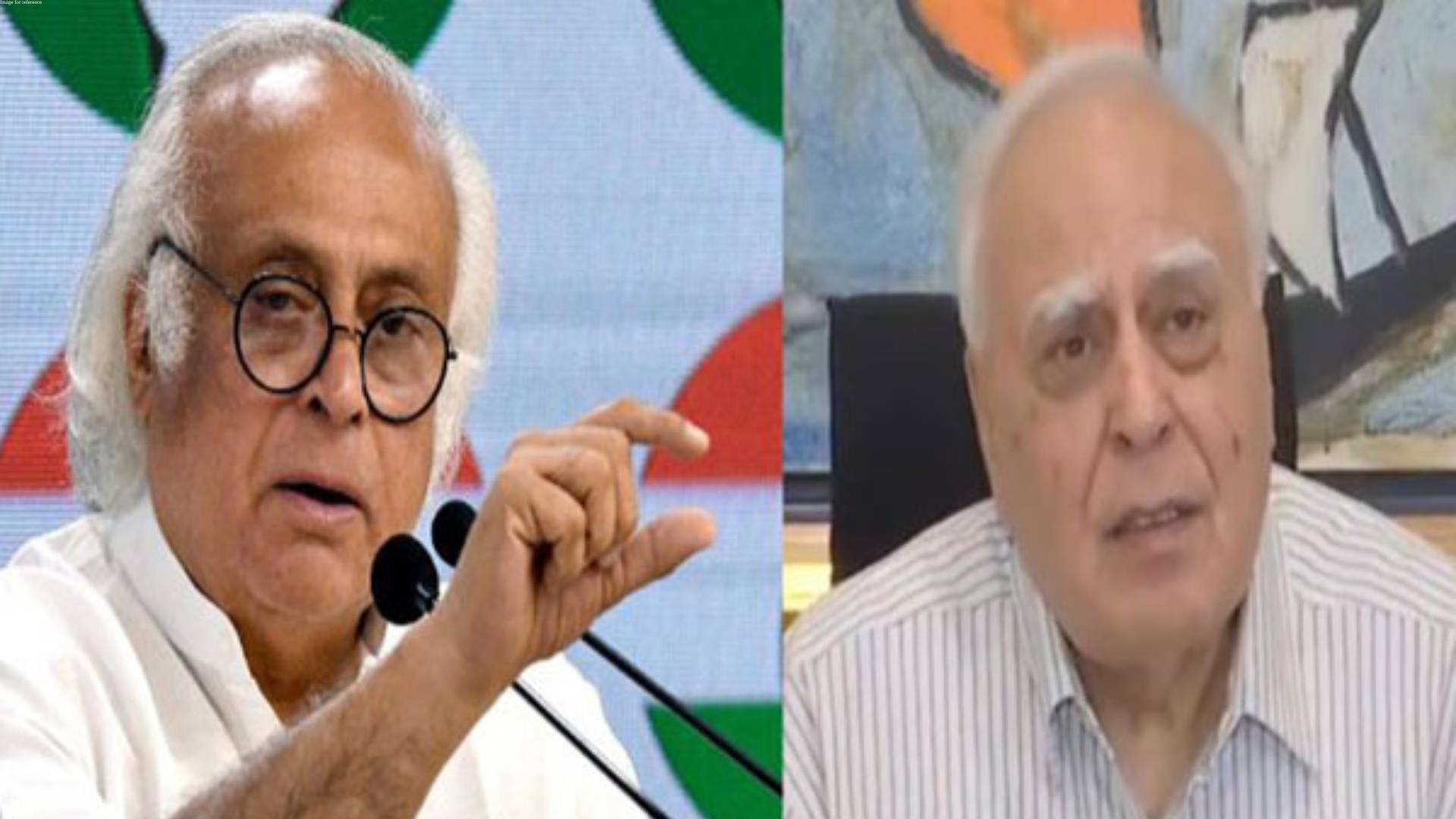
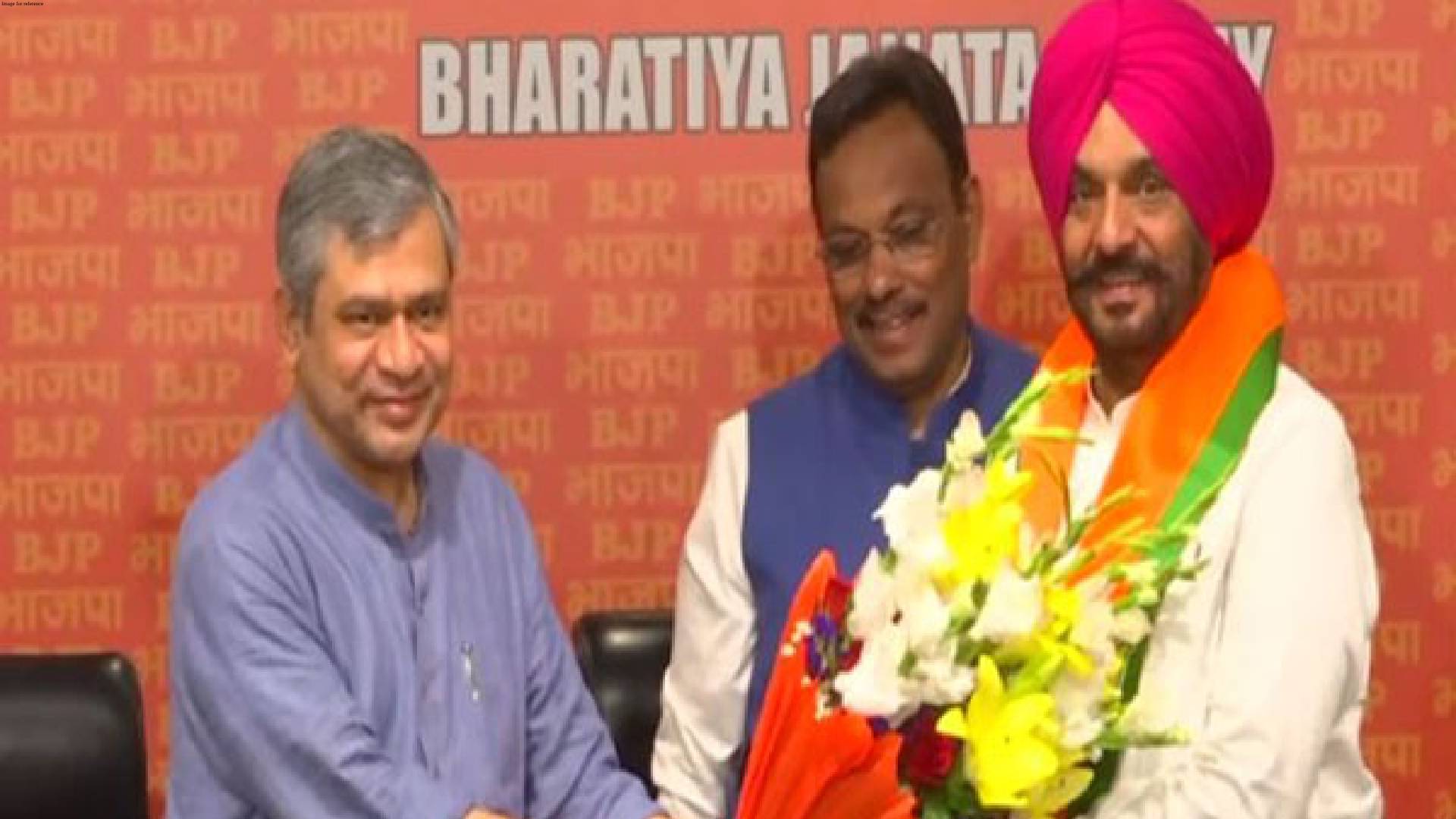
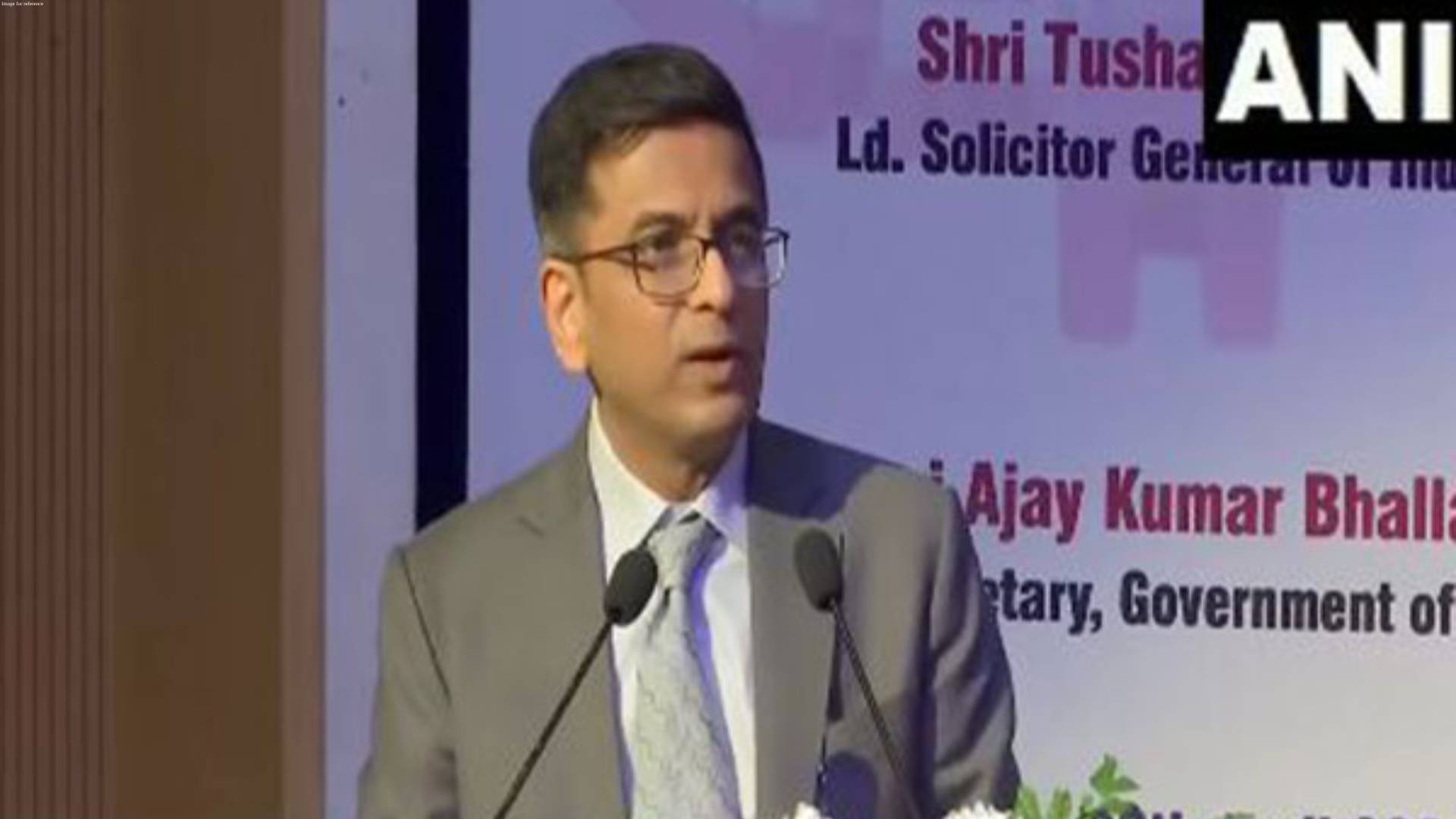

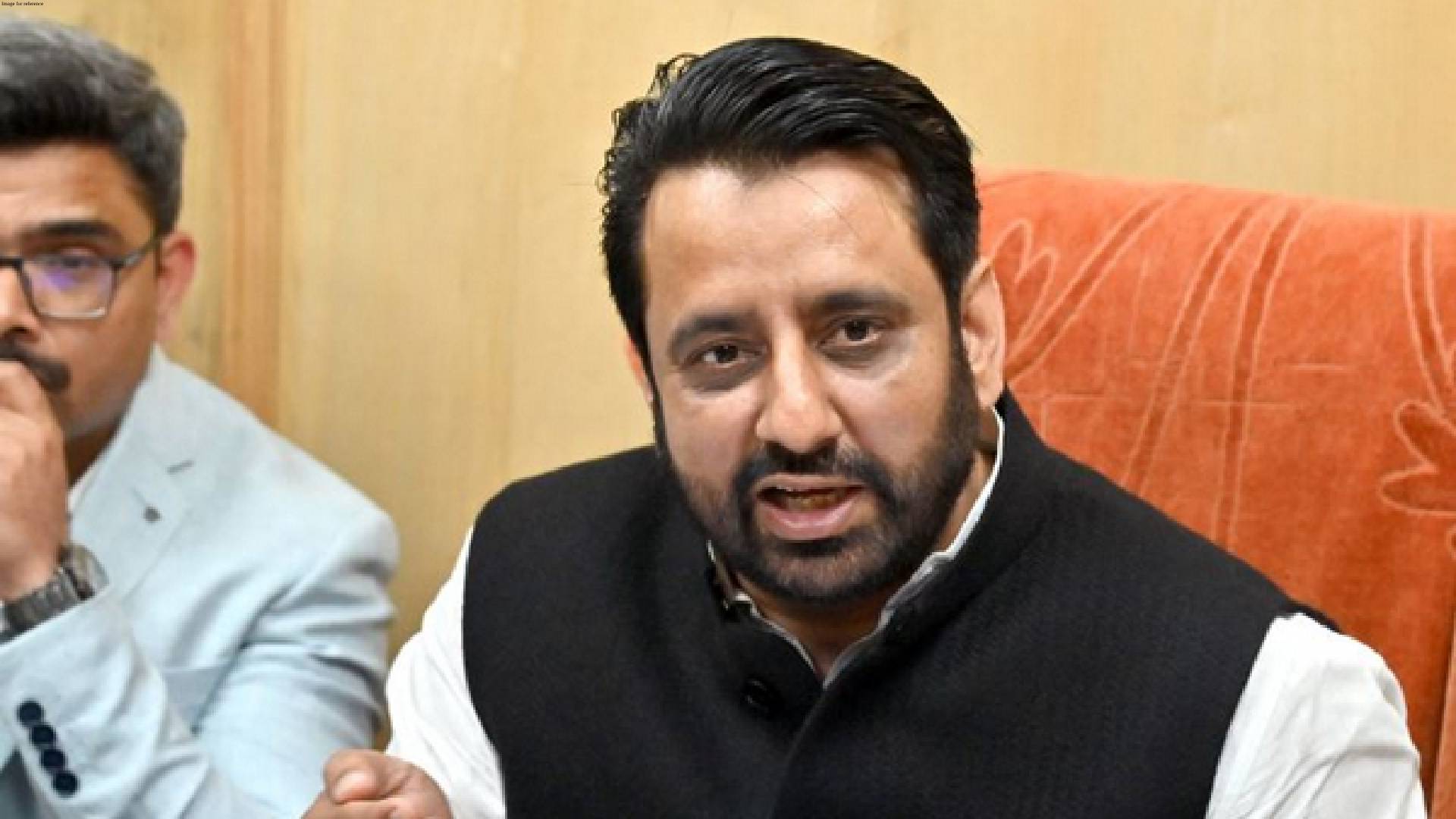
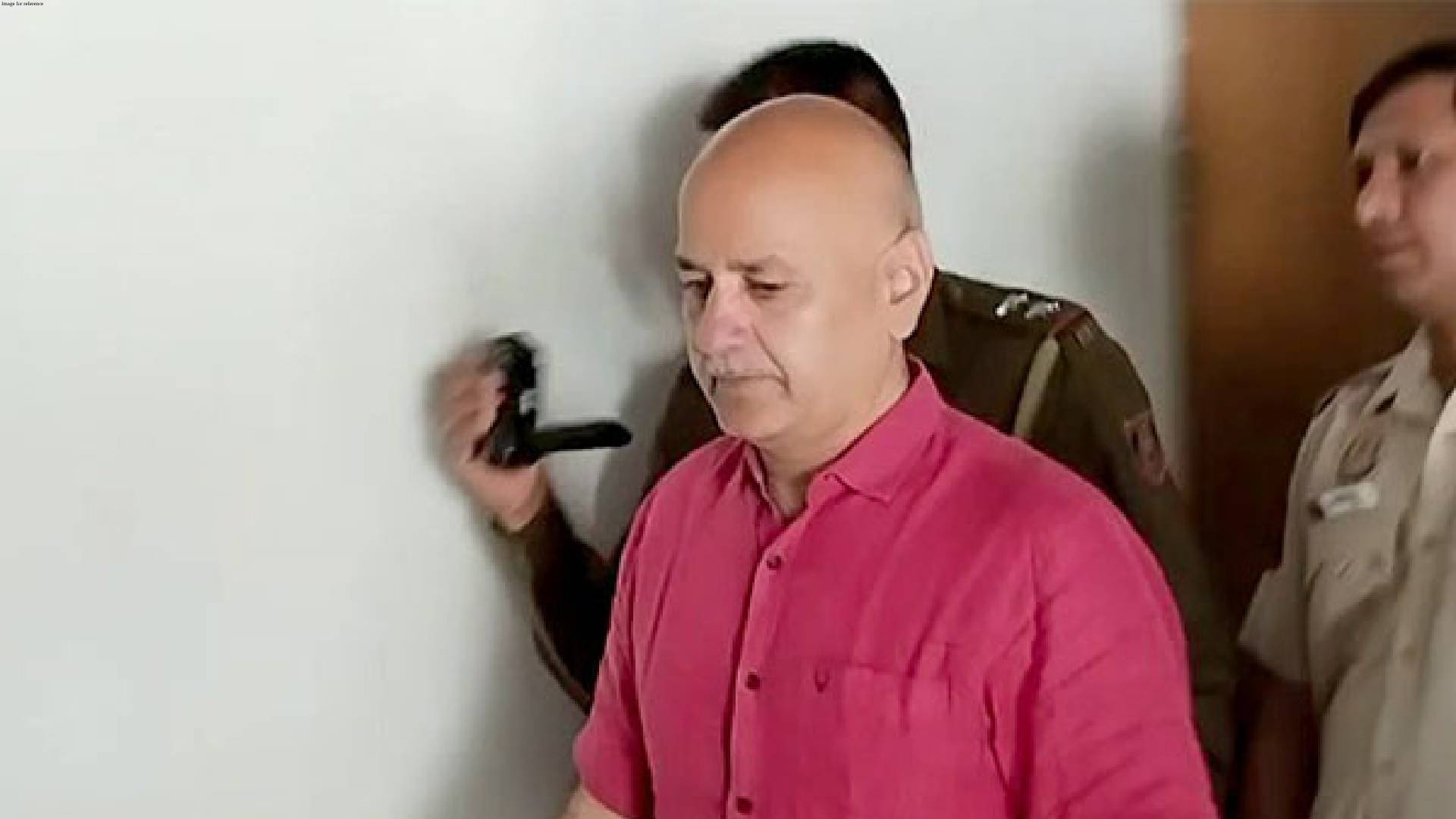
.jpg)
.png)
.png)
.jpg)
.jpg)
.jpg)
.jpg)
.jpg)
.jpg)
.jpg)
.jpg)
.jpg)


